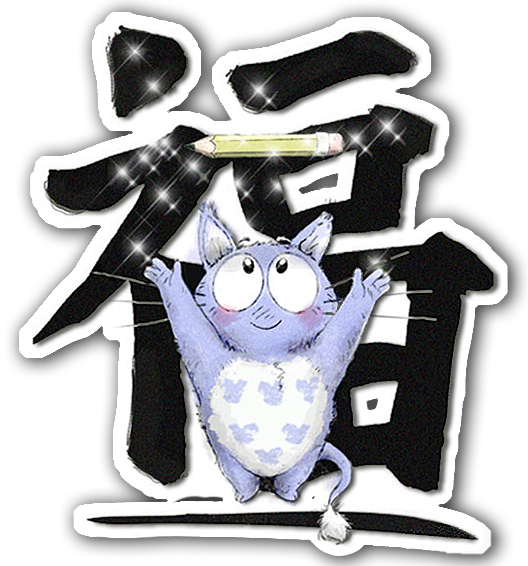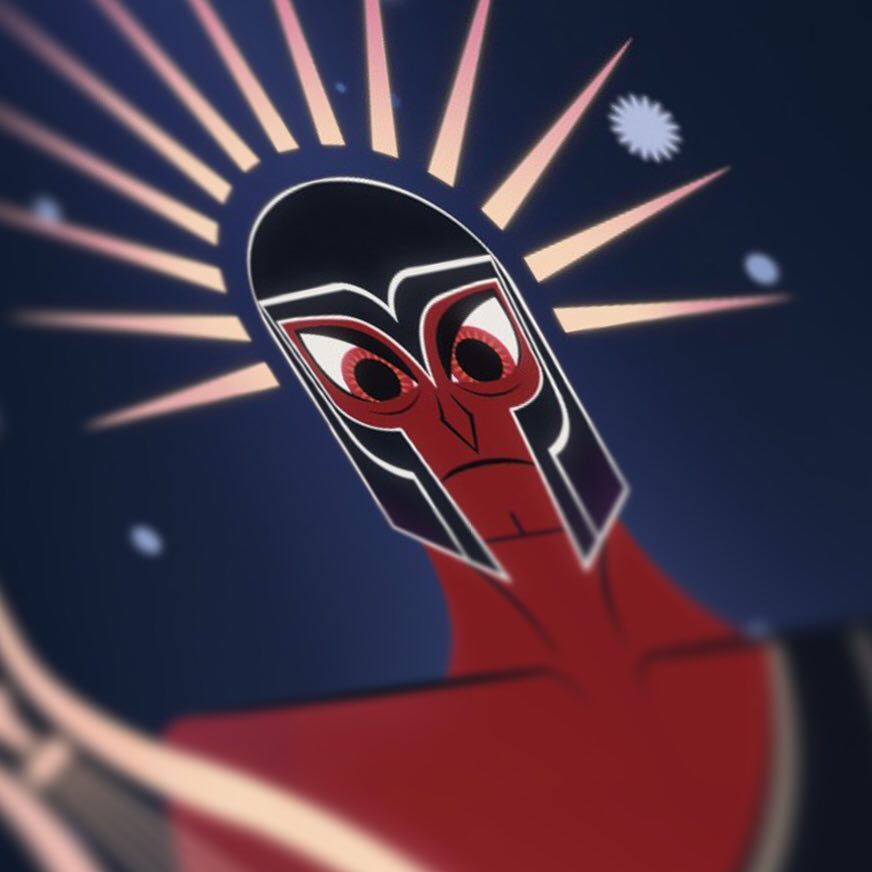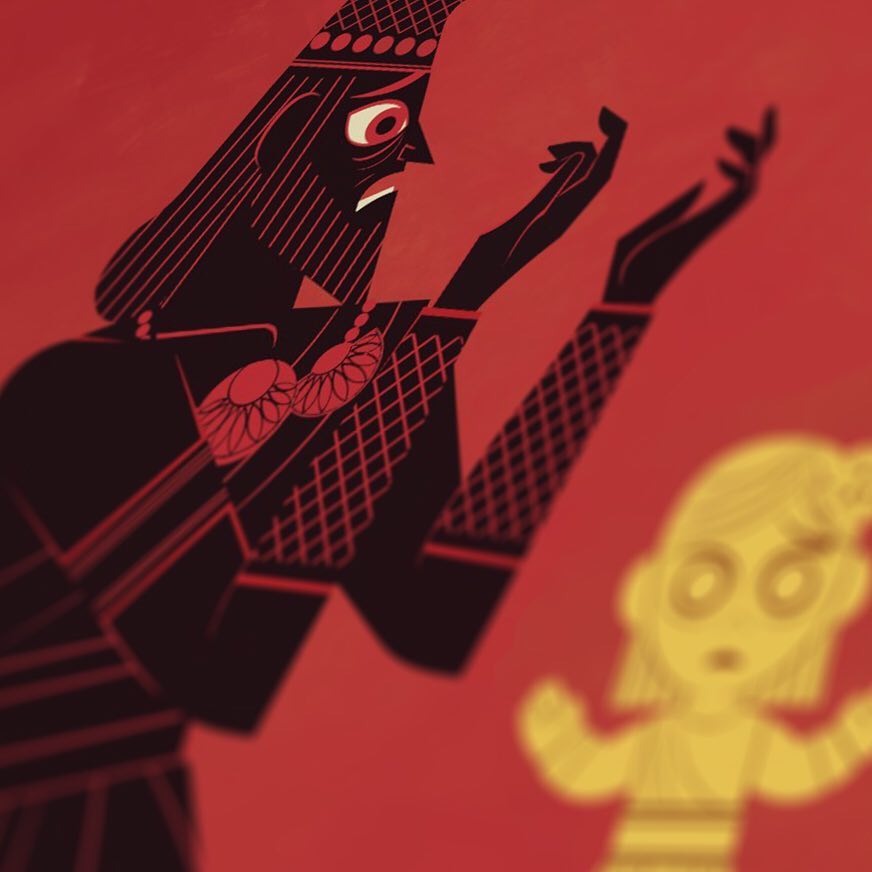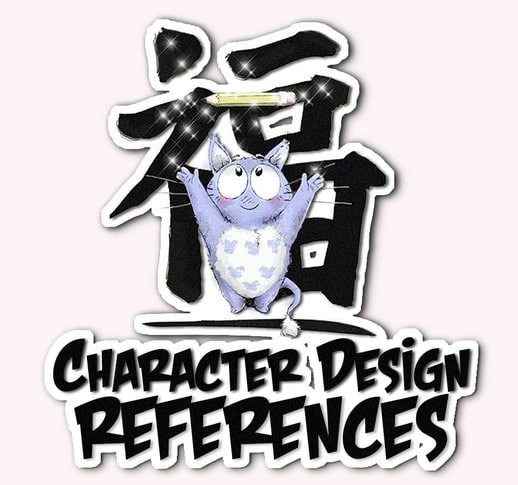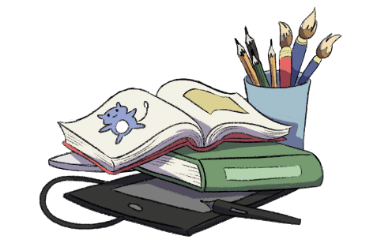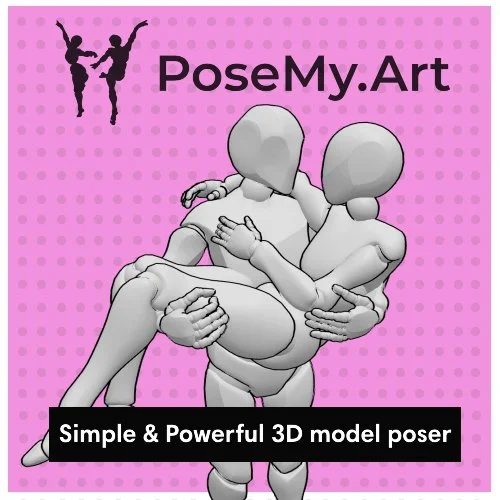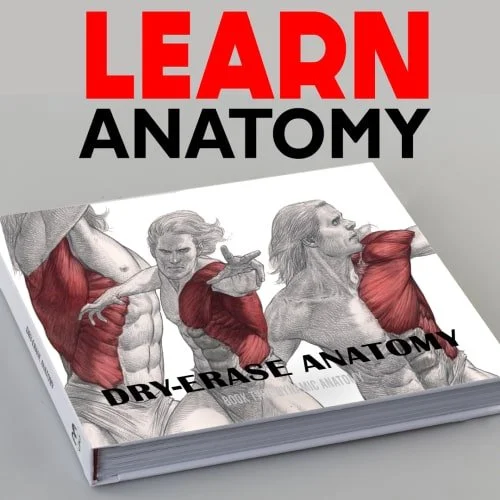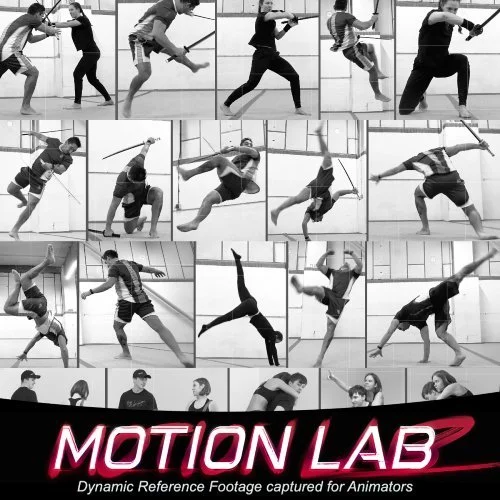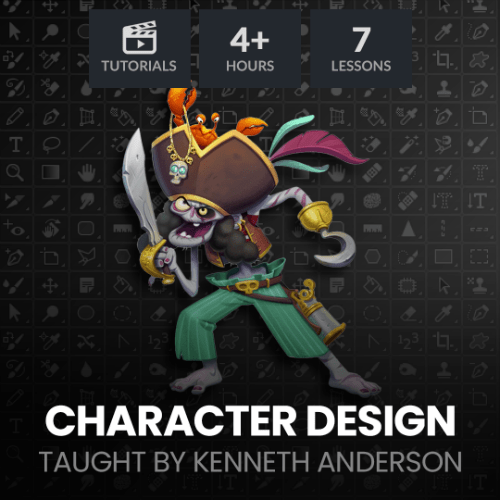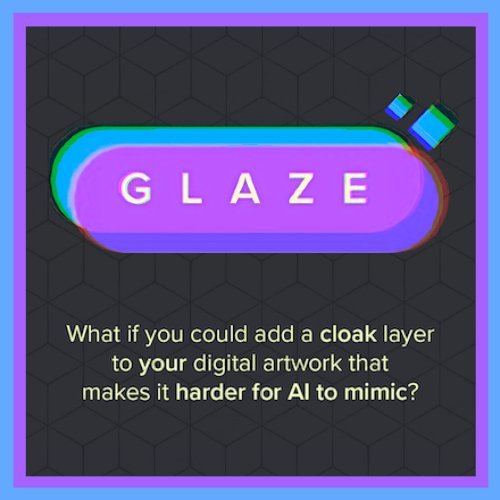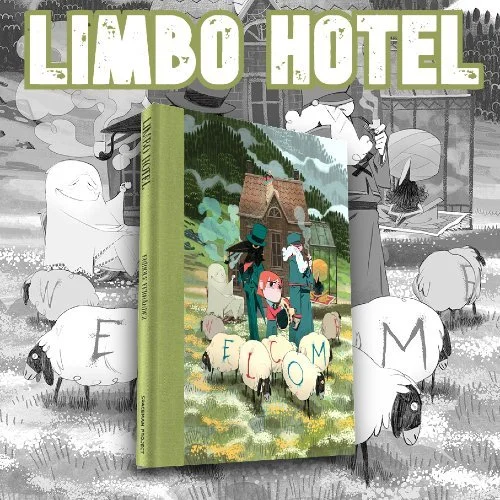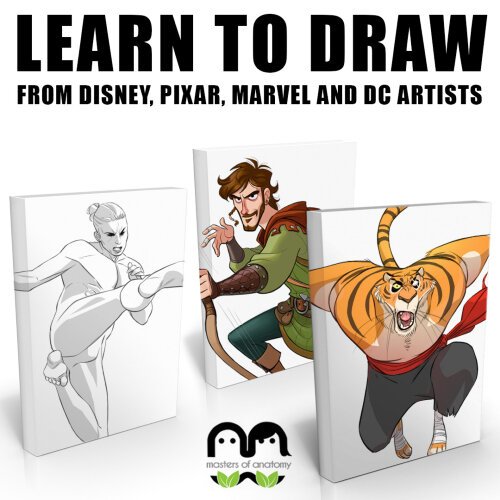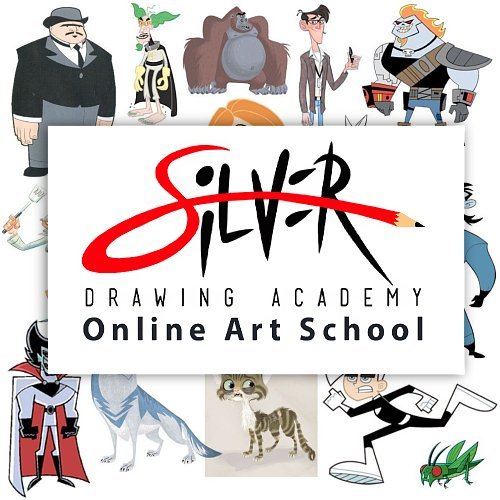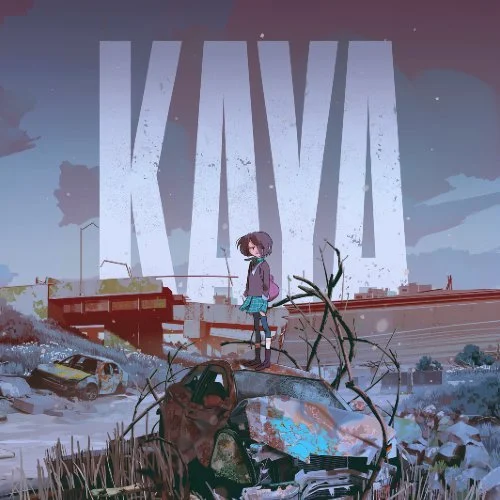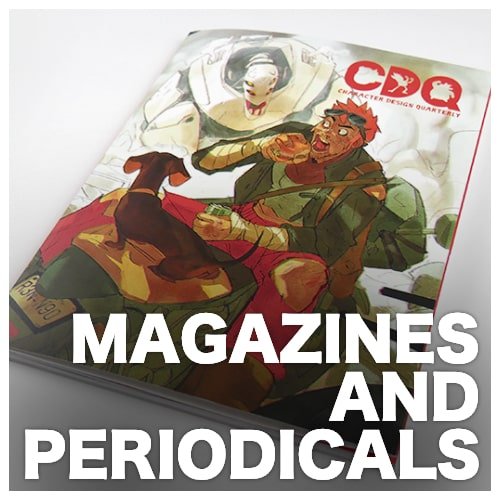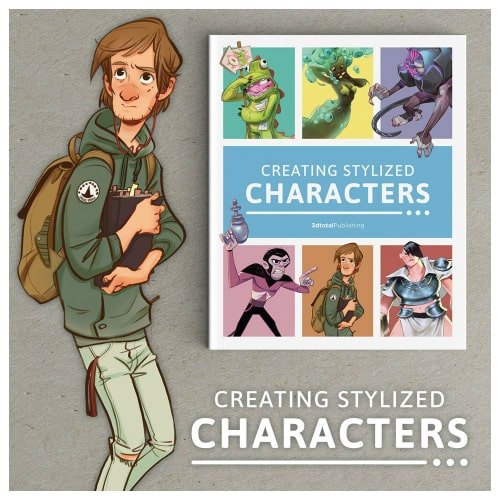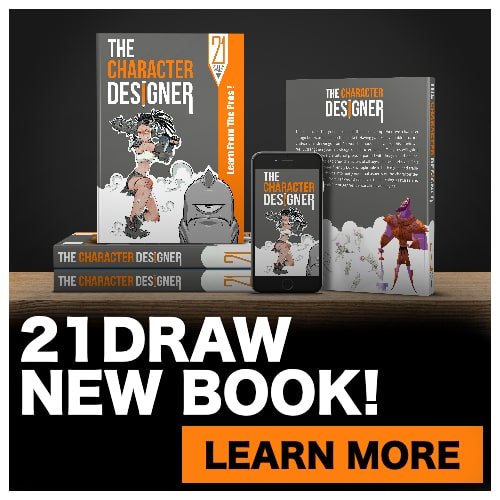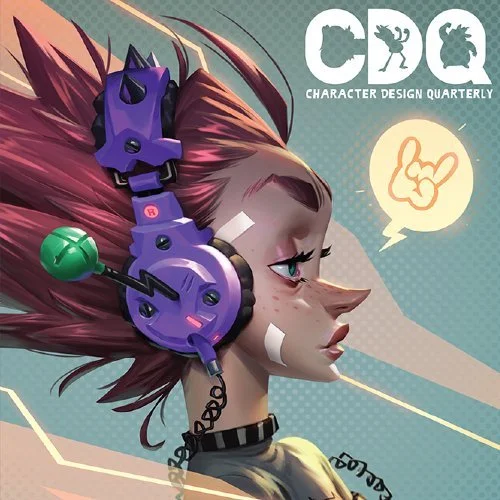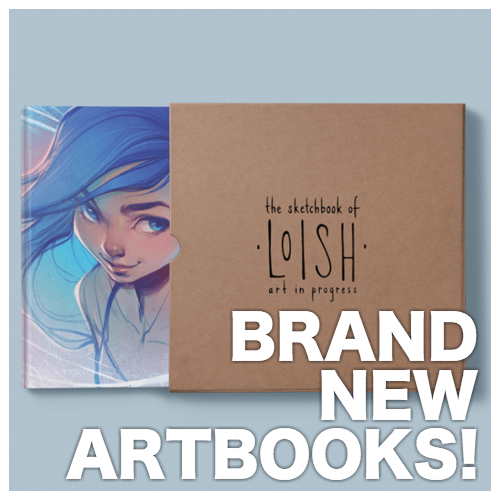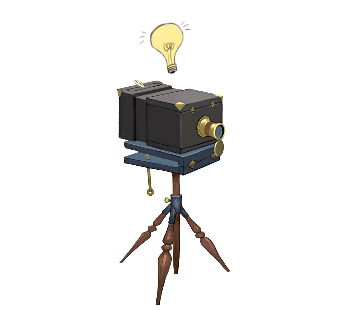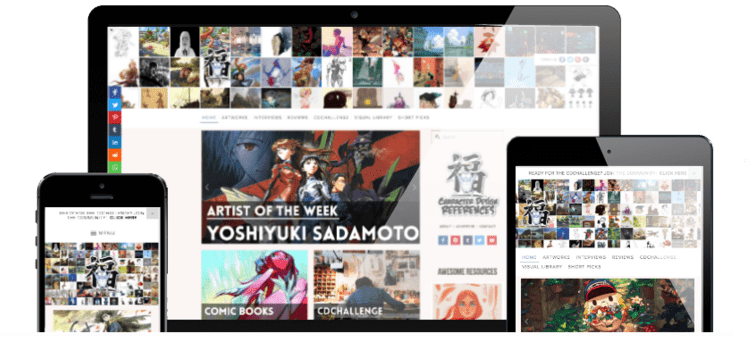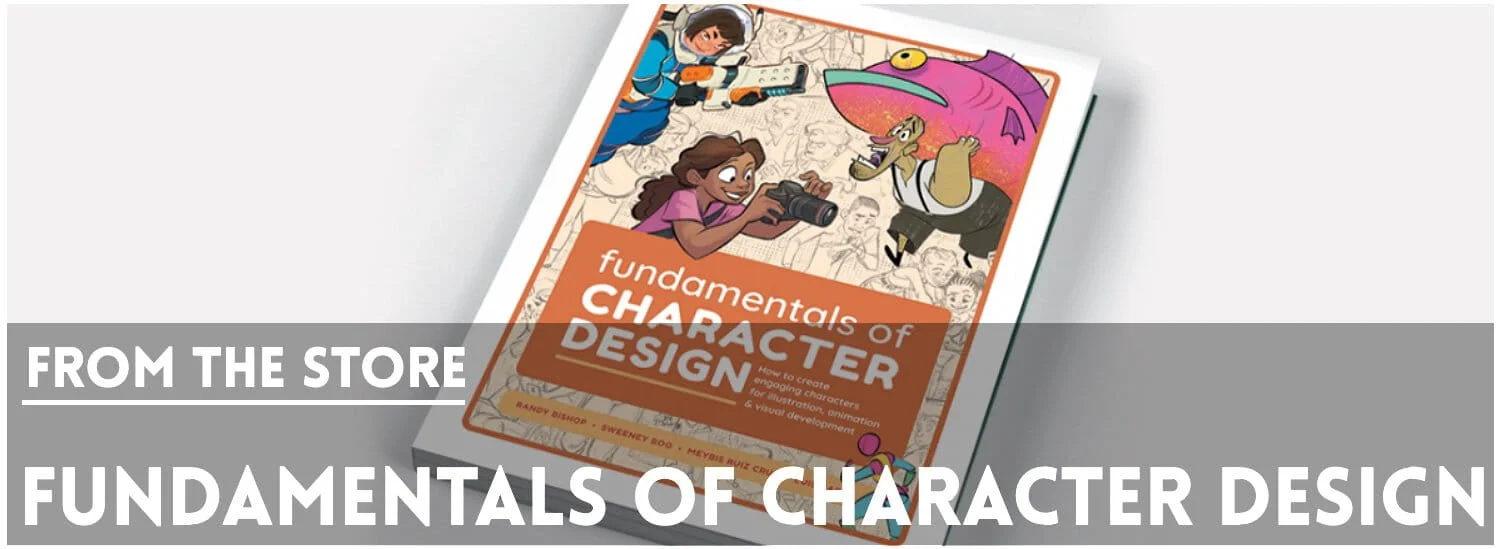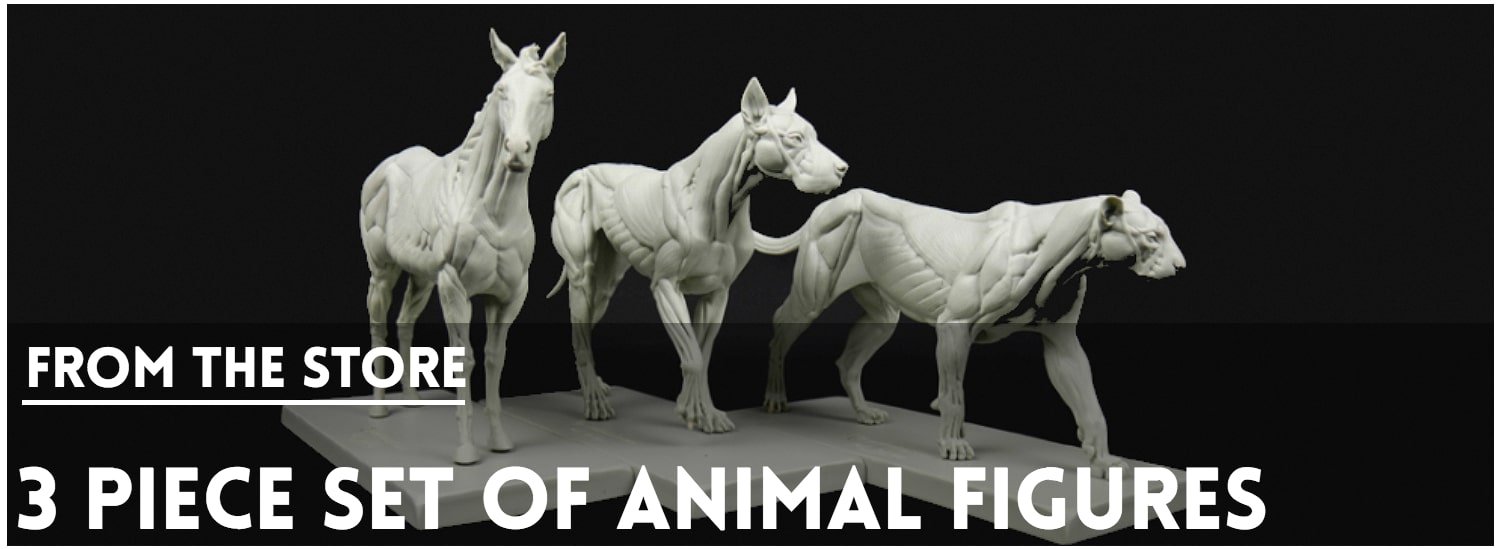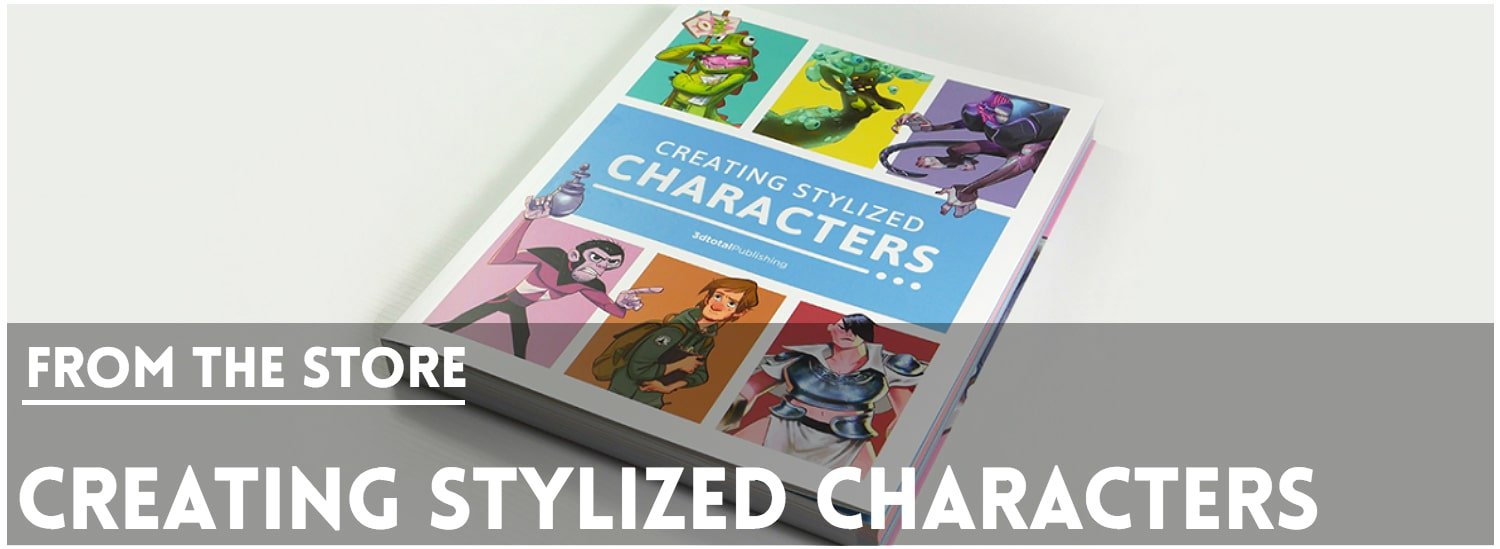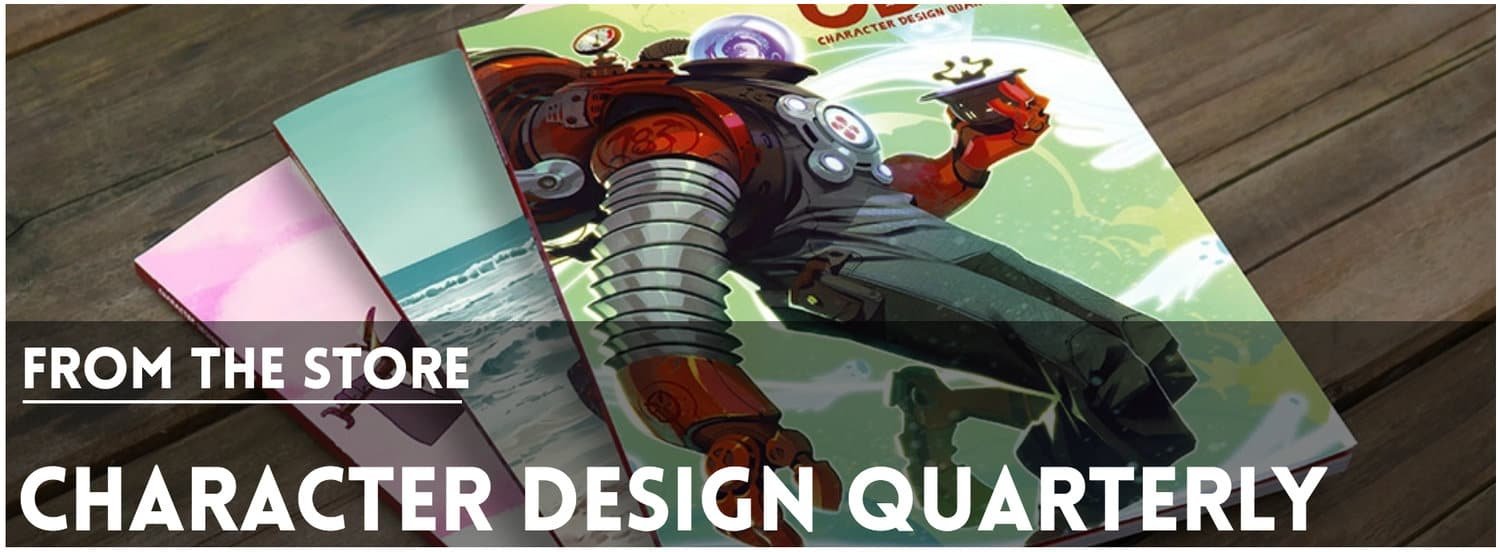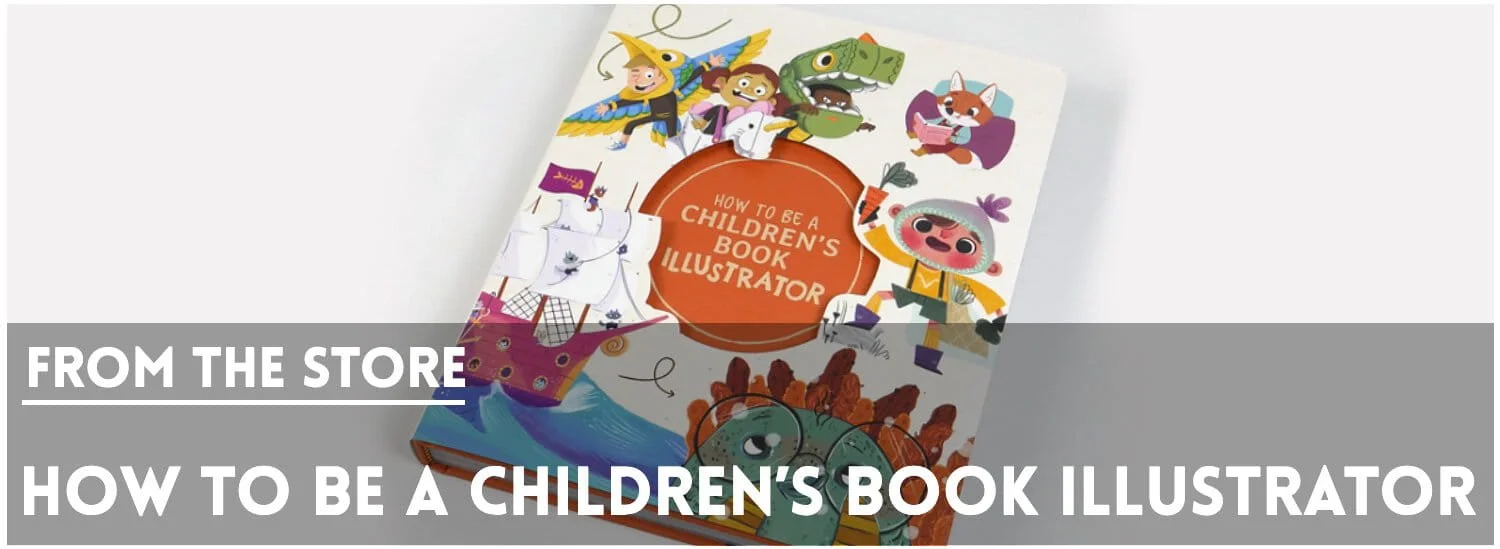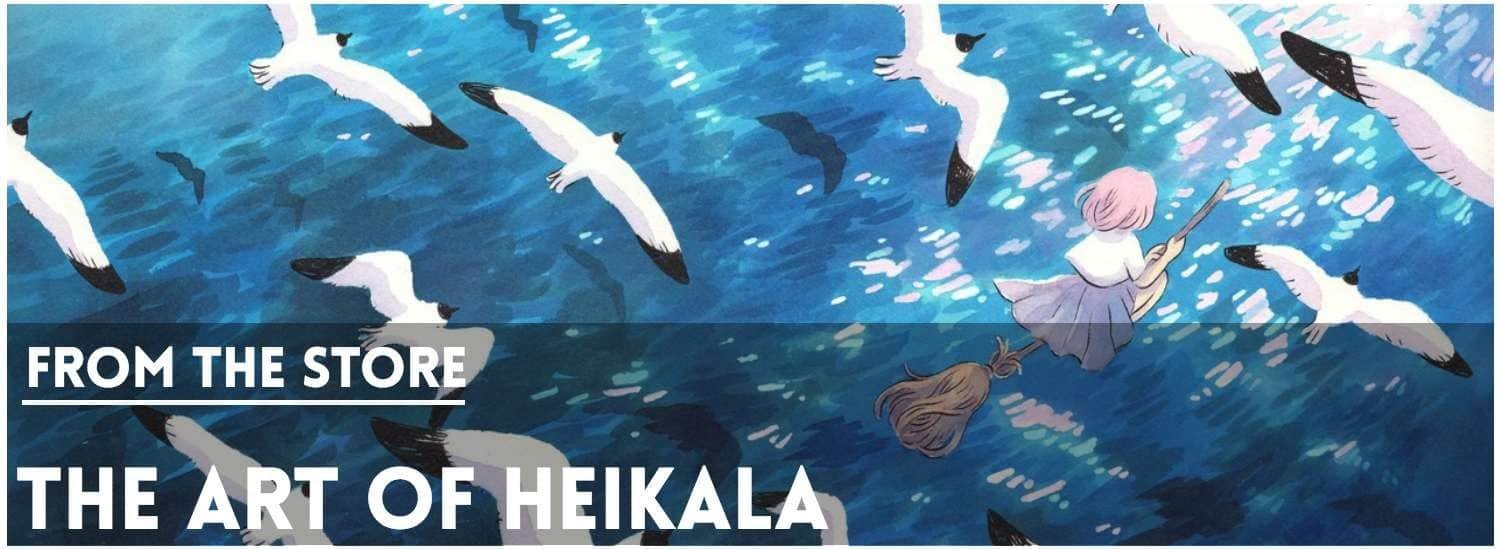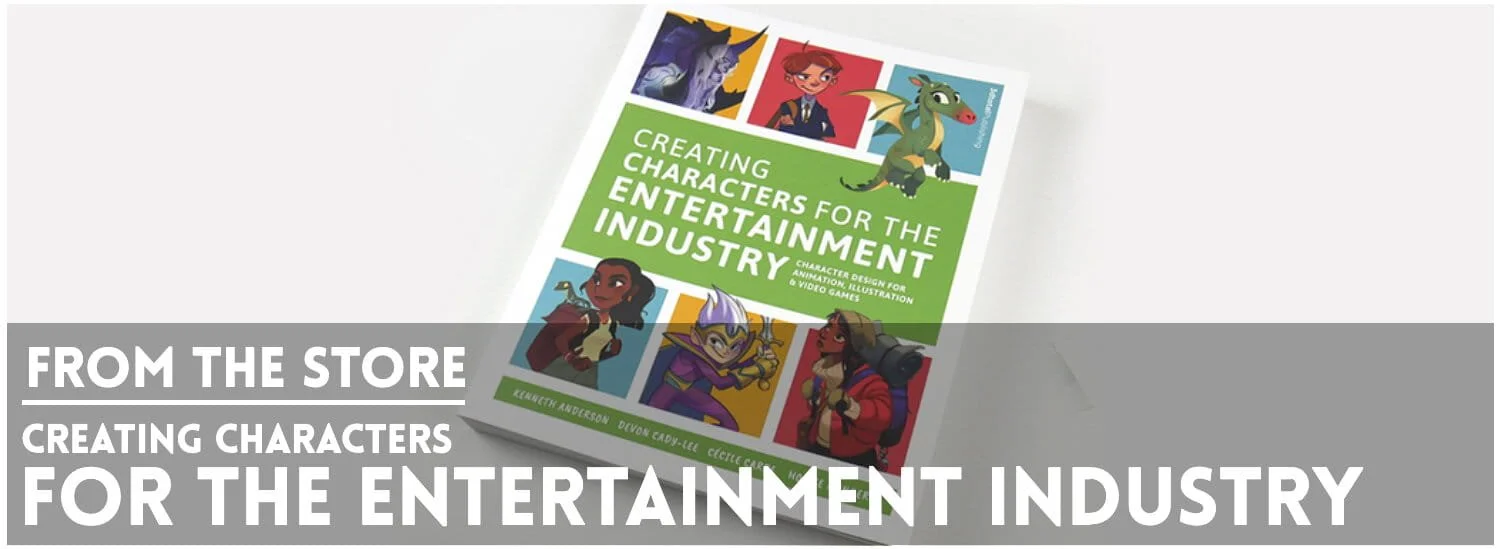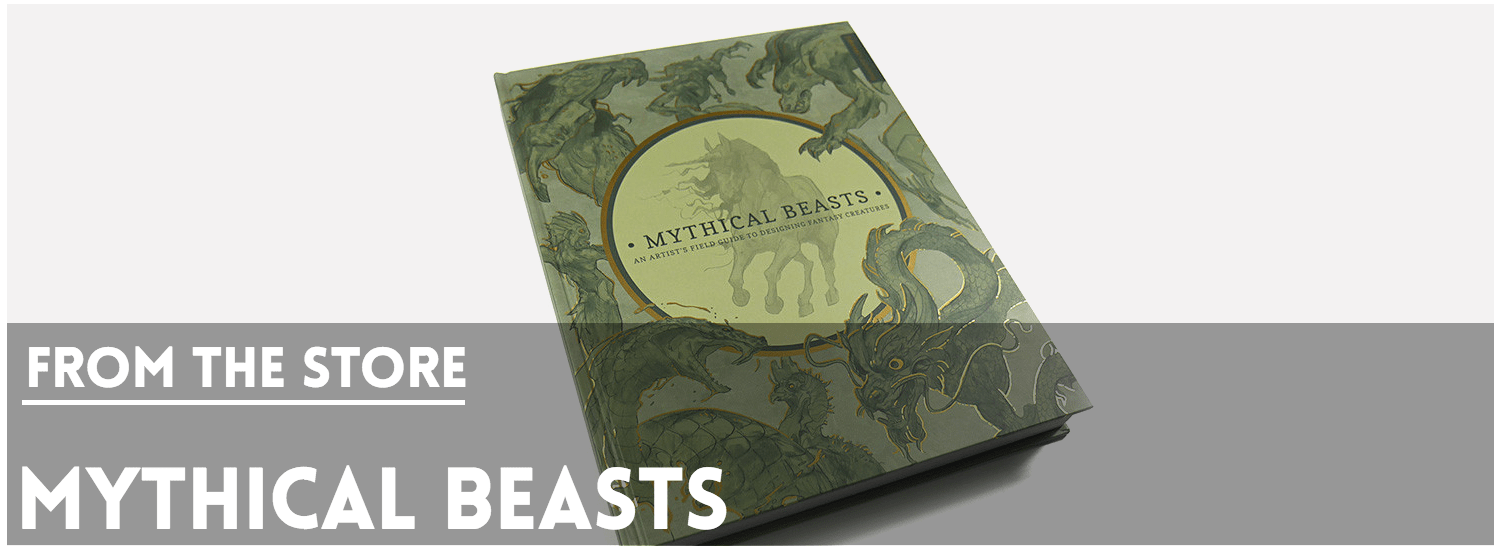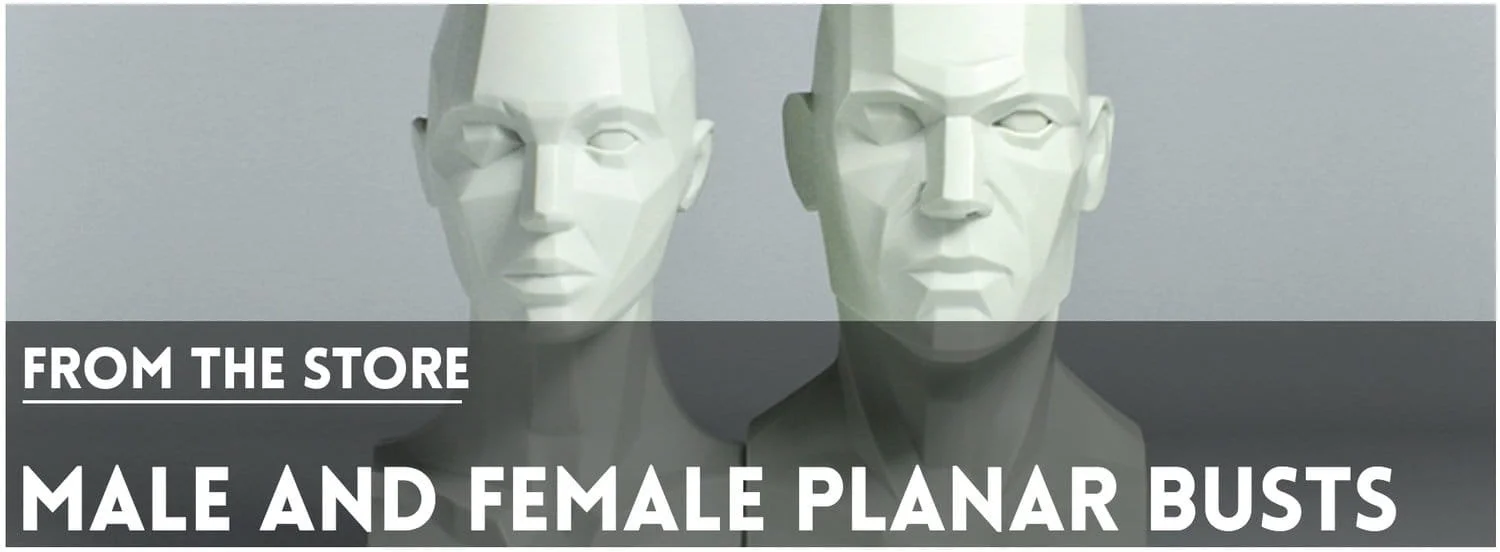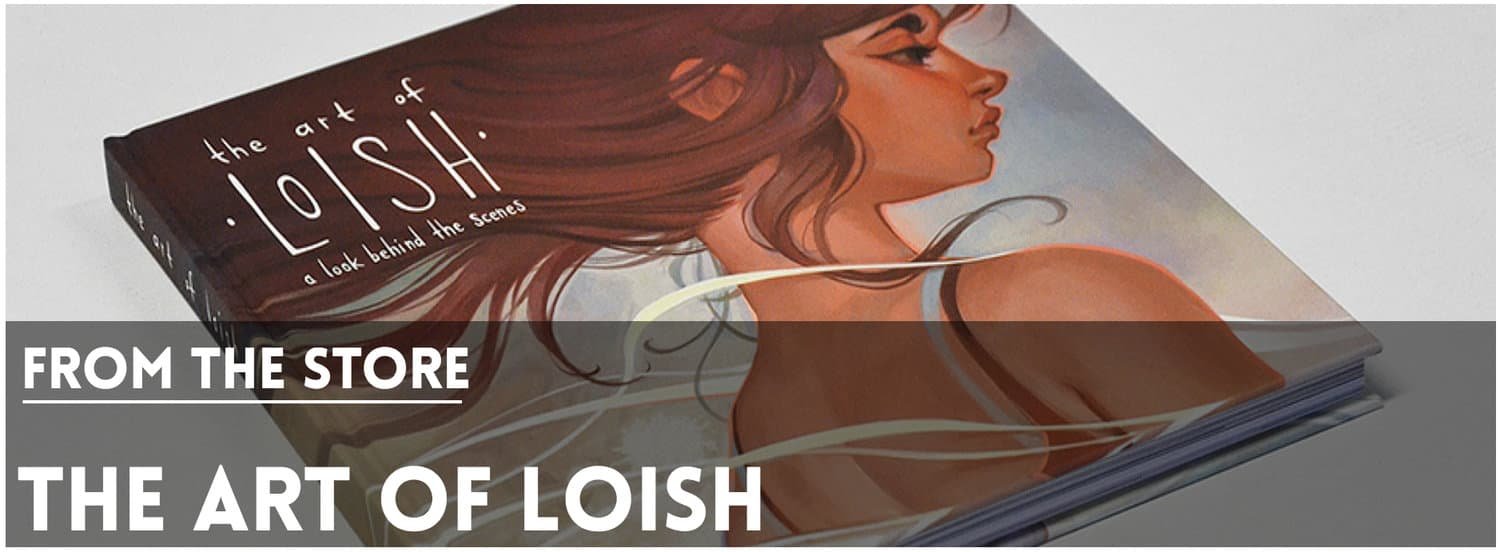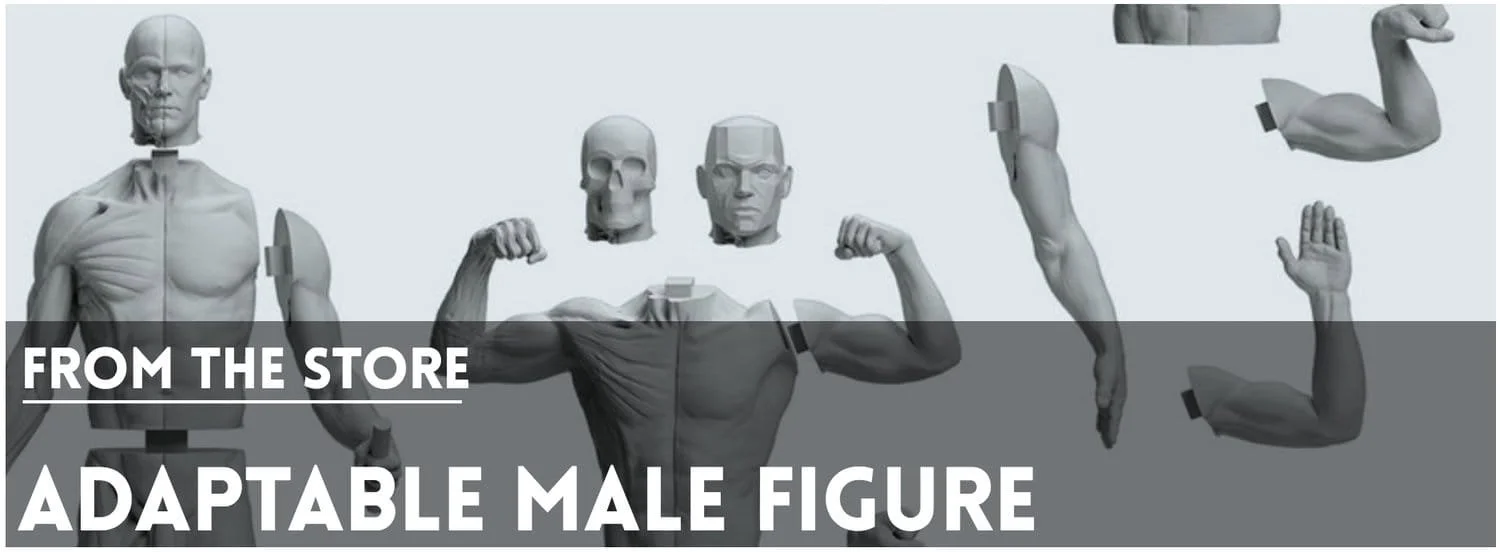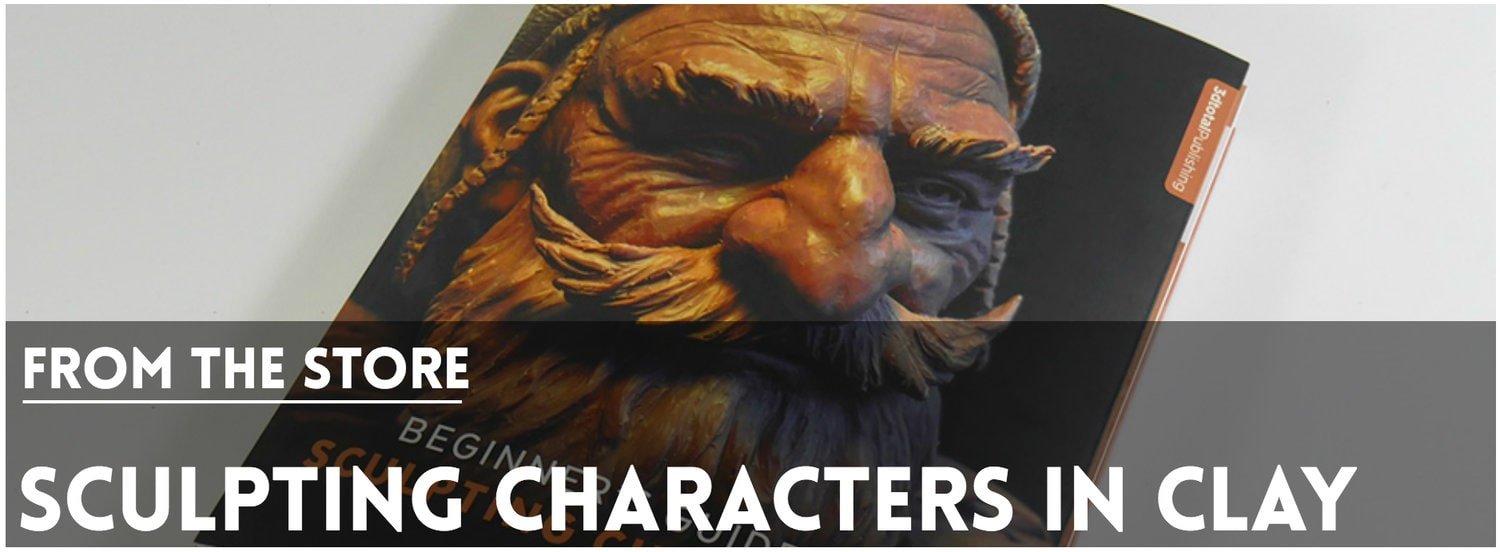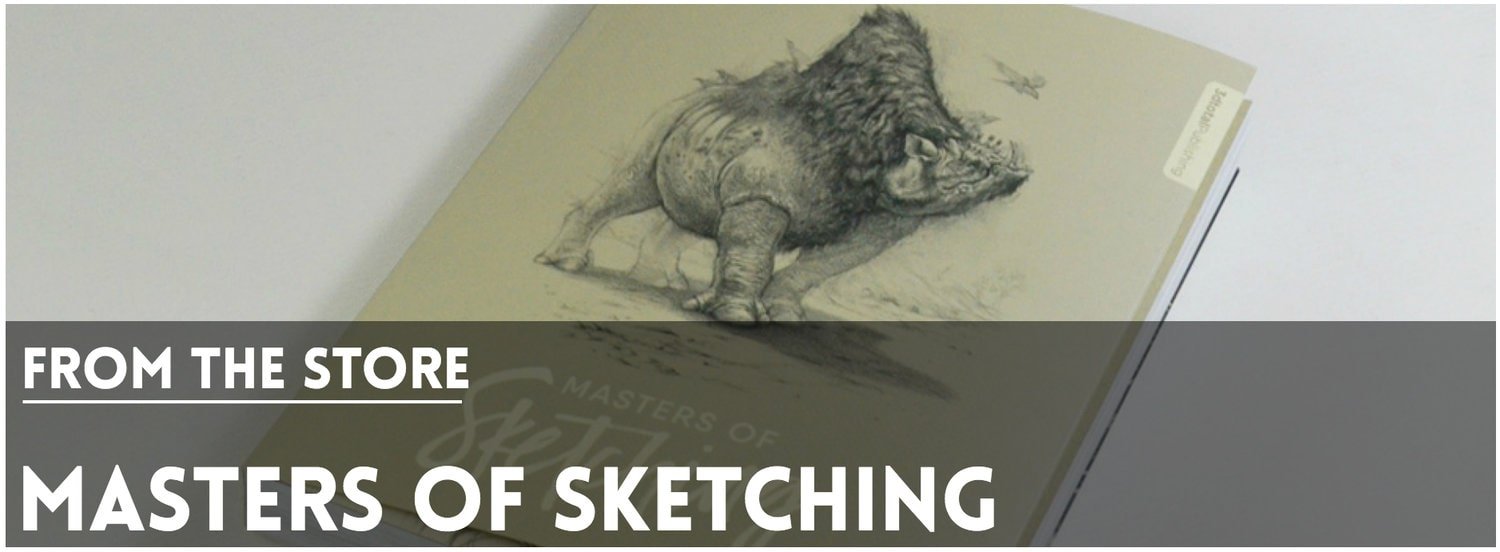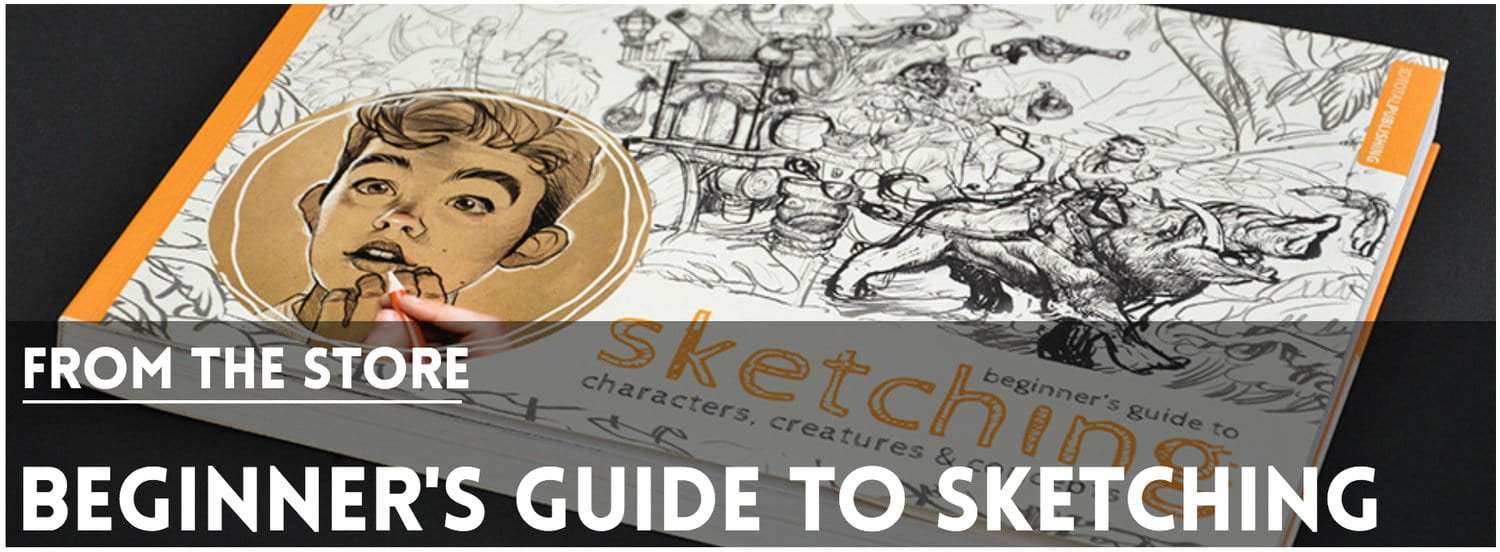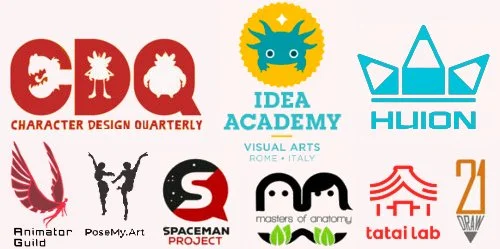Nacho Molina
/Where did you grow up? At what age did you start thinking about pursuing an artistic career?
I was born and bred in a small town called Beneixama, in the East of Spain. It is a pretty small village so I didn’t have too much contact with art until I grew up. I always liked to draw as a child and I could spend hours in front of the TV watching cartoons. The 80's and 90's pop culture always had a big influence on me. The decision of doing art as a career really came when I was about 16, I was studying science and maths in high school when I met my friend Alejandro Casanova ( @casanova_ale ). He was 5 years older than me and he had already been studying art for a couple of years by that time. He kindly offered to teach me how to paint with watercolours one summer. He really saw some potential in that teenager and encouraged me to study art, God knows what I would be doing now if it wasn't for him.
Did you go to an art school or are you self taught? How did you develop your skills?
I would say both. I moved to Valencia (Spain) to study Fine Arts at University when I was 18. Back in the day, if you wanted to learn how to paint there weren’t that many options out there. Online courses weren't that prolific as today and visual development wasn't even popular in my country. So if you wanted to pursuit your career in arts, University was a fair option to go through. Looking backwards, it was a positive experience as I got to fully commit to learn the art fundamentals for the next 5 years. I painted every day side by side to a bunch of young artist who shared my same passion to get better every day and that speed up my learning curve. However, It is very important to make a point saying once that school years are over, you still have a whole artistic life in front of you. You have to keep pushing and teaching yourself to become a better artist day by day. In other words, studying art is not limited to the school years, is more like a continuous learning journey that lasts forever.
Have you always been supported in your artistic path or has it been challenging to let your family and friends understand your choice?
My parents aren't artist but they have always been very supportive with anything I wanted to do and they have never tried to affect my decisions in life, which I thank them for. There are a few musicians in my family but I was the first one taking this path. Of course they were a bit concerned at the beginning (as every parent would). But after seeing how much committed I was and that my efforts started to pay off, they got some relief.
What was the strongest influence you had when you were growing up ( artists, movies, cartoons, comics etc.. ) ?
There have been so many. Pop culture has always been there and it has been an endless source of inspiration especially in my early 20's. I used to look a lot to classic American illustrators when I painted more traditionally. As I grew up I think I have become a bit more sophisticated with my taste and I tried to stay more open to other influences. I am not just talking only other visdev artists, but also great cinematographers, designers, etc.
Did you have a favourite subject to draw when you were a child and do you still have one today? If you do, what makes it so special?
Portraits and human figure have always been my thing. I don't usually do character design in the studio, but I love painting characters in any sort of context trying to play with their emotions. Viewers relate more to them than just to an empty background.
From the initial client idea to the final work: What goes through your mind and what is the method you use when starting a project? Could you describe it?
I try to understand what my client, production designer or director has in mind and how this plays in the big movie scheme, whether I am designing a scene in which we want to present the daily life of our character, or maybe showing them going through a rough decision. I put myself in the shoes of whoever I am going to paint and try to analyse how I could convey that emotion. I like to look for some references that might help me to organise my ideas, as a cook that picks up some ingredients before start cooking. Then it's all down to work, painting, fixing, painting until you get it right.
What is your process in creating your art and what are your favourite tools?
I like doing sequential paintings to sell an idea and this is something that plays very well in the animation game. I like thinking about different concepts that allow me to better describe the scene, a moment, a lighting situation or a specific location. I usually paint in Photoshop as it's become the standard software in the industry.
What part of the creation process is the most fun and easy and what part is the hardest?
To me the hardest part is when you have to design certain sets from scratch. It takes me a while to get familiar with the space and style of it. But once you get it, it becomes way easier and faster to produce more and more art. My favourite part is the colour and lighting design, it's what I feel more comfortable with. Lighting can change completely how a specific location is presented to the viewer. Whether it is early inspirational art or when we design more tight up colour keys to camera, having that control and see how my paintings can inspire and affect the final look of the film it's always fun.
What is a typical day for you, and who are the people you work, collaborate or share your creative time with?
I am working for Sony Pictures Animation (which is Los Angeles based) from my home in Spain. In a typical day I wake up, have a shower and clean up a little bit the house, then I sit in front of the computer to work on whatever I am doing, I would have a break for lunch followed up by more work. By 7p.m. I start having meetings with my people from Sony in which we would review what I have been doing and have some feedback from my production designer and art director. After that I usually stop working and have some family time, maybe go for a walk, cook some dinner. Working as a freelance artist could be a very solitary job, so I am glad when my girlfriend is around. She does the same job as me and it's been a huge help in my whole career.
What are some of the things you have learned from other artists who you have worked with or whose work you have seen?
I believe the thinking process that each artist follows is what I value the most, how they approach a similar task to mine. I also like to talk about films and cinematography with my fellow artists as it's something we usually have in common and of course, sharing personal experiences and our thoughts about the animation industry in general is always fun to discuss.
Is there something that you have designed that you are most proud of?
I do a lot of colour and lighting design for films. So when a project is over I usually end up having that sort of massive board, similar to trading card albums with hundreds of little thumbnail paintings of specific moments from the entire movie, a colour script. It is a very slow process, but looking at them all together makes me feel good because of the hard work that there is behind of any production.
What projects have you worked on in the past and what are you working on at the moment (if you can tell us)?
The last movie release in which I worked was Hotel Transylvania 3 and I got to work on a couple of feature films in Europe before that. Right now I am working on Locksmith's "Ron's Gone Wrong" and Sony's "Vivo", a musical written by Lin Manuel Miranda that will hit cinemas in 2020. I am also doing some other freelance work from other companies as well.
Do you have a longterm career goal? What would your dream project be?
I guess all visdev artist dream of becoming part of one of those films that end up being timeless classic with the pass of the years, but this is something that escapes our control. I would personally like to keep improving as an artist and helping nice stories to take shape with my art.
Working in-house for a company or freelancing: what suits you best? And why?
I have done both and I think I prefer company. You get more involved in the production and get to see more closely how everything progresses everyday. Also, working next to other people (whether they are visdev, previs, story artists or modelers) helps you to understand better the creative process from different points of view and it is a very valuable way to share knowledge
What advise would you give to an artist who is dealing with an artist's block? How do you boost your imagination and keep yourself creative?
Just stop your daily routine and do something that takes you out for a while. Travel, meet some friends or watch a movie to refresh yourself and then go back to work. If you spend enough time you can pull out any image, sooner or later.
Who are the artists who inspire you the most today and what are some of your favourite designs out there?
Artists like Aurelien Predal, Alberto Mielgo, Paul Felix or Craig Mullins never fail to impress me. Dice Tsutsumi, Robert Kondo have been a big inspiration for me as well. I couldn't pick one single design from them. I just like their way they create art and see the world through their eyes.
Concept art, animation, illustration, comics, you name it. There are so many careers and when you are very young, sometimes you know only one thing: you simply love to draw. In your opinion, what should a young artist take into consideration to make the right decision when choosing an artistic path?
Just mind that you will have to draw in any of them and although each industry has its own specific needs, they share a lot in common. What I would focus is to explain what do exactly an animation studio, a comic editorial or an art gallery need artists for and which is the final product that ends up being more similar to your art creations. That may help you understand which creative area you like the most or you are better at.
IDEA Academy is one of the most appreciated art teaching centre in Europe. Can you tell us a bit more about the school?
What is great about IDEA Academy as opposite to other online courses is the fact that students get to learn face to face from top class professionals who not only had a remarkable career in their specific field, but that are still actively working in the industry. That is a big asset for students to learn how is the industry actually works today.
What’s your point of view about the industry today: what are the expectation for someone who wants to make a living with an artistic career?
I think we are living in a really good time for the animation media as the language seems to be evolving. We have recently seen movies from big studios with a total different look to what we would expect from a big budget film studio and this is going to happen more often. There are a lot of new companies producing animation content for a more adult audience, streaming platforms and so on.. All in all it generates a really diverse and competitive playground for artists to experiment with.
As a teacher of IDEA Academy, what are the most common mistakes that you come across when reviewing the work of your students? How important is it to receive feedback from a professional such as yourself, and how will students benefit from it?
Being open to receive feedback with a great attitude is crucial in our career as it's something that will happen everyday in a studio. You need to think you are not ultimately painting for yourself, but for a huge project that calls for hundreds of creative minds to be moving in the same direction. In such a diverse environment like an IDEA Academy class, teachers need to go two steps ahead of what a student is trying to do, so that we can give them useful advice to what they want to achieve. Sometimes that is the tricky part, you find very different students with very different interest so you need to try to guide them while at the same time, give them some room to experiment in the direction they want to go.
Finally, where can we see your art online and get in touch with you?
You can follow me on Instagram ( @nachomolinaart )
Thank you Nacho :)
Join Nacho's next class!
Nacho Molina is one of the talented instructors of IDEA Academy. Discover all the details about his course, join his next class and develop the skills you need to enter the industry and pursue the career you love.
